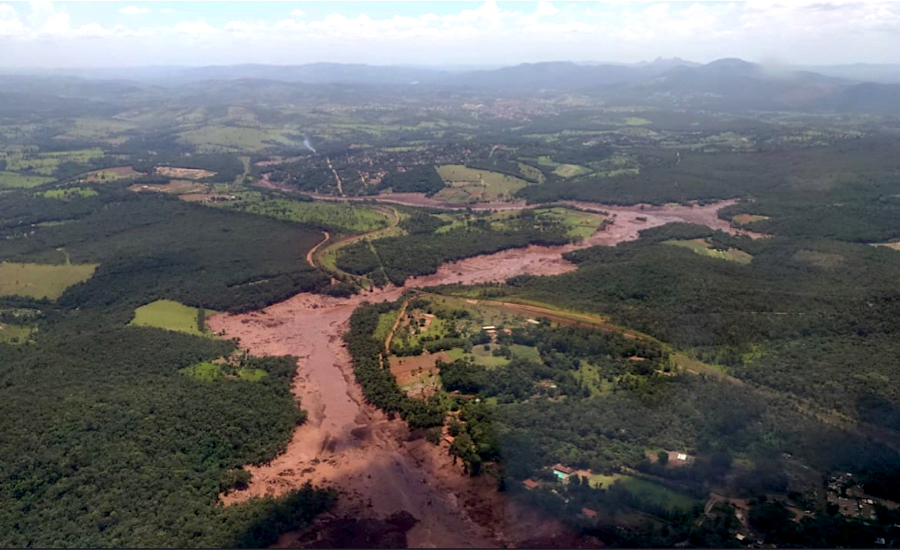
Brazilian miner Vale SA , the world’s biggest iron ore producer, has taken legal action to force a German inspection firm to provide documents on its services for the Brumadinho dam that could help to establish who was responsible for the disaster.
TÜV SÜD audited the tailings dam before its collapse in January which killed nearly 300 people.
In a court filing seen by Reuters on Thursday, Vale asked a court to authorize access to all the documents related to that audit, arguing that if the German company had not fulfilled its contract it could be held responsible.
“The finger pointed by the TÜV SÜD technician in fact points to no one but himself”
Vale cited a statement given to federal police by TÜV SÜD employee Makoto Mamba in which he alleged he had been “pressured” by the miner to sign a report validating the stability of the Brumadinho dam so that planned work on the dam’s structure could proceed.
“The finger pointed by the TÜV SÜD technician in fact points to no one but himself,” Vale lawyers Sergio Bermudes Advogados said in the request to a Rio de Janeiro court filed on Tuesday.
TÜV SÜD declined to comment.
The tailings dam at Vale’s Corrego do Feijao iron ore mine burst on Jan. 25, releasing a torrent of mining waste that buried workers and local residents in the nearby town of Brumadinho.
An internal Vale document seen by Reuters in February showed that the company knew last year that the dam had a heightened risk of rupturing.
The report, dated Oct. 3, 2018, classified the dam in the state of Minas Gerais as being two times more likely to fail than the maximum level of risk tolerated under internal guidelines. The document showed Vale itself was concerned about the safety of the dam and raised questions as to why the independent audit guaranteed the dam’s stability.
(By Marta Nogueira and Anthony Boadle; Editing by Richard Chang)